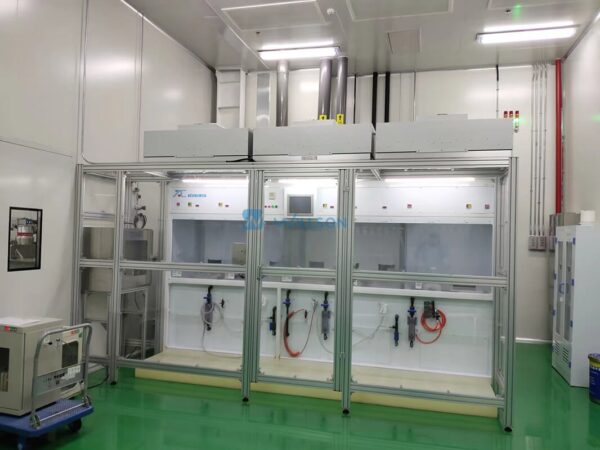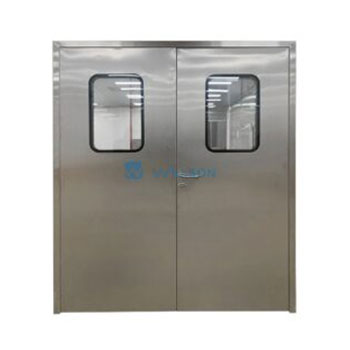Cleanrooms are controlled environments that are designed to maintain low levels of particulate contamination. They are used in a variety of industries, including pharmaceuticals, electronics, and biotechnology. Soft-wall cleanrooms are a type of cleanroom that are characterized by their flexible walls, which are typically made of vinyl or PVC film or other similar materials. In this blog post, we will provide an introduction to soft-wall cleanrooms, including their features, advantages, and applications.

- Features of Soft-Wall Cleanrooms
Soft-wall cleanrooms are designed to be modular and flexible. They typically consist of a frame made of aluminum or steel, which is covered by flexible walls made of vinyl or other similar materials. The walls can be easily removed and replaced, making it easy to modify the size and layout of the cleanroom as needed.
Soft-wall cleanrooms are also equipped with a variety of features to maintain a clean environment. These features may include HEPA filters, positive pressure systems, and airlocks. HEPA filters remove particles from the air, while positive pressure systems keep contaminants from entering the cleanroom. Airlocks are used to prevent the entry of contaminants from outside the cleanroom.
- Advantages of Soft-Wall Cleanrooms
There are several advantages to using soft-wall cleanrooms. One of the main advantages is their flexibility. Soft-wall cleanrooms can be easily modified and expanded as needed, making them ideal for companies that need to adapt to changing production needs. They are also less expensive than traditional hard-wall cleanrooms, which can be costly to build and maintain.
Soft-wall cleanrooms are also easier to install than hard-wall cleanrooms. They can be set up quickly and easily, without the need for specialized tools or equipment. This makes them ideal for companies that need to get up and running quickly.
- Applications of Soft-Wall Cleanrooms
Soft-wall cleanrooms are used in a variety of industries, including pharmaceuticals, electronics, and biotechnology. They are commonly used for manufacturing processes that require a controlled environment, such as the production of semiconductors or pharmaceuticals.
Soft-wall cleanrooms are also used in research and development settings. They provide a controlled environment for conducting experiments and developing new products. Soft-wall cleanrooms can be customized to meet the specific needs of different research projects.
- Conclusion
Soft-wall cleanrooms are a flexible and cost-effective solution for companies that need to maintain a controlled environment. They offer many advantages over traditional hard-wall cleanrooms, including their flexibility, ease of installation, and lower cost. Soft-wall cleanrooms are used in a variety of industries, including pharmaceuticals, electronics, and biotechnology. If you are considering investing in a cleanroom, a soft-wall cleanroom may be the right choice for your company.



